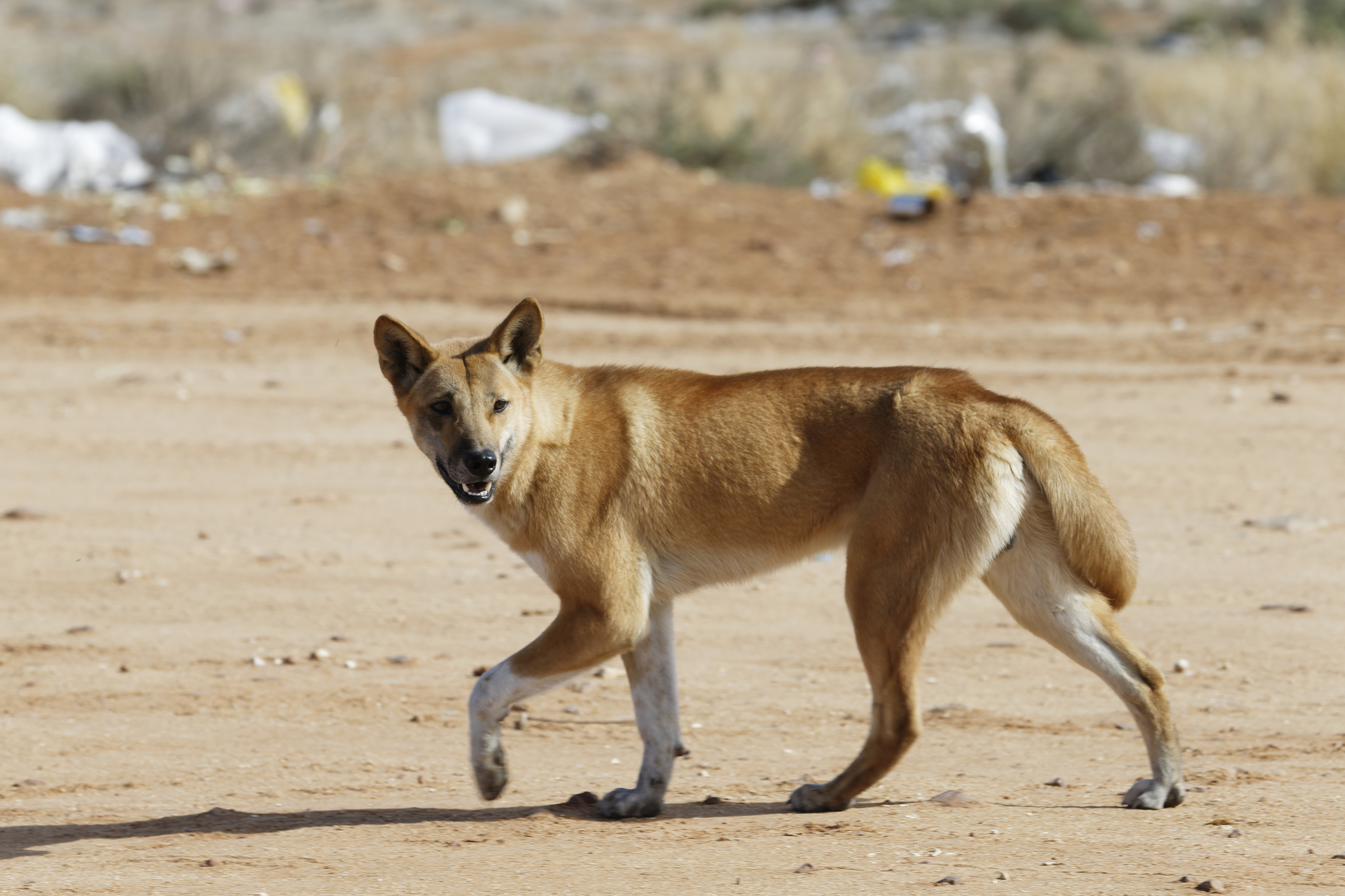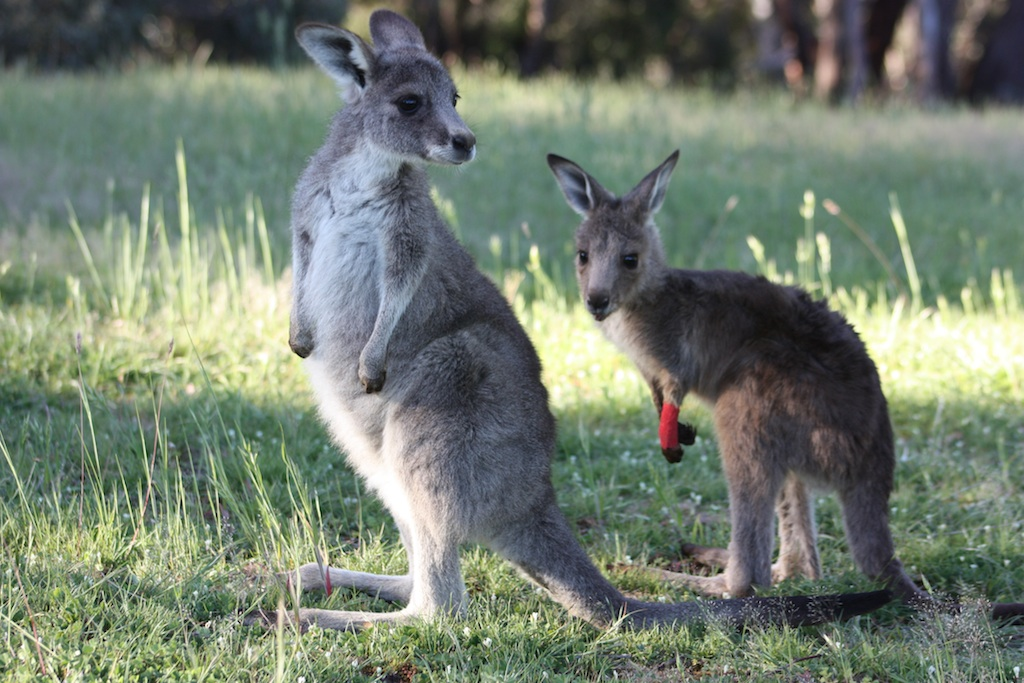Across Australia, dingoes are slowly being recognised for what they are: Australia's local apex predator with deep cultural significance and an important ecological role. Yet in many jurisdictions they continue to be subjected to widespread lethal control through baiting, trapping and shooting, due to policies that still classify them as pests or biosecurity threats. In 2023, Victoria ended...
Many people are not aware that all over Australia, except for in Victoria and Western Australia, puppy and kitten farming are completely legal. Puppy farms, also known as puppy factories or puppy mills, are intensive breeding facilities where animals are overbred for a high profit and fast turnover. Many of these puppies and kittens are sold in pet shops or through online sites with little information about their parents or medical history. Puppy farmers take advantage of these impersonal avenues of sale so people cannot see these breeding facilities for what they really are.
With little to no oversight, intensive breeders are commonly getting away with keeping dogs isolated in a dismal state like a shed or cage for most of their everyday life and denying them access to fresh air, sunlight, exercise, food, water, vet care and other basic needs like stimulation, love and warmth. As a result, many develop severe psychological conditions. With limited vet care dogs can suffer serious issues such as eye or skin infections or suffer serious complications and injuries from being forced to give birth far too many times. They are not seen as pets or members of the family, but as a commodity.
This cruel industry is mostly self-regulated and all you must do is apply for a permit. Once obtained, there are no mandatory inspections and people are free to operate these facilities how they wish. Sadly, this also means there is currently no limit to how many animals can be kept or how many litters an animal can be forced to have. A breeding facility could have over 100 dogs, with each dog forced to produce puppies her entire life.
This entire industry puts a lot of pressure on shelters and rescue groups too. Due to the terrible conditions these animals are kept in some of them often cannot be sold due to physical or psychological problems. If they are sold, many are given up as they are too difficult or costly to manage. Some new owners may be faced with expensive vet bills to cover treatments or surgeries. It is then left to rescue groups to try and rehab these animals or provide vet treatment with the hope they can one day be adopted into a loving home.
So how can you avoid inadvertently supporting a puppy or kitten farm? Here are some things to look out for:
- Be wary of breeders who are unwilling to show you their kennels or won’t allow you to meet the parents of the animal you are looking to buy. Ensure you can see the puppy interacting with mum and litter mates
- Ask for a full medical history including vaccinations, heart worming, flea and tick medications
- “Breeder ID’s” can be obtained online by anyone and are not verified, so do not rely on these as a verification that the breeder is operating responsibly
- If a breeder has no wait list and multiple litters ready to go this could also be a warning sign. Usually, responsible breeders will not be able to provide you immediately with a puppy or kitten
- Be on high alert with mixed breed dogs. Dogs like Labradoodles and Cavoodles are commonly bred in puppy farms. Some pure breed dogs can be from puppy farms too, such as French Bulldogs, so be sure to research and understand the risk factors to look out for with particular breeds
- Never have a puppy flown to you, particularly if you have not seen where they came from and were raised
But the best way you can be sure you are not buying from a puppy farm is to adopt from a rescue group or animal shelter! Many shelters have so many animals of all ages and sizes which can cater to different people’s needs and family’s wants. Usually when adopting a rescue dog or cat they even come desexed, microchipped and vaccinated too!


